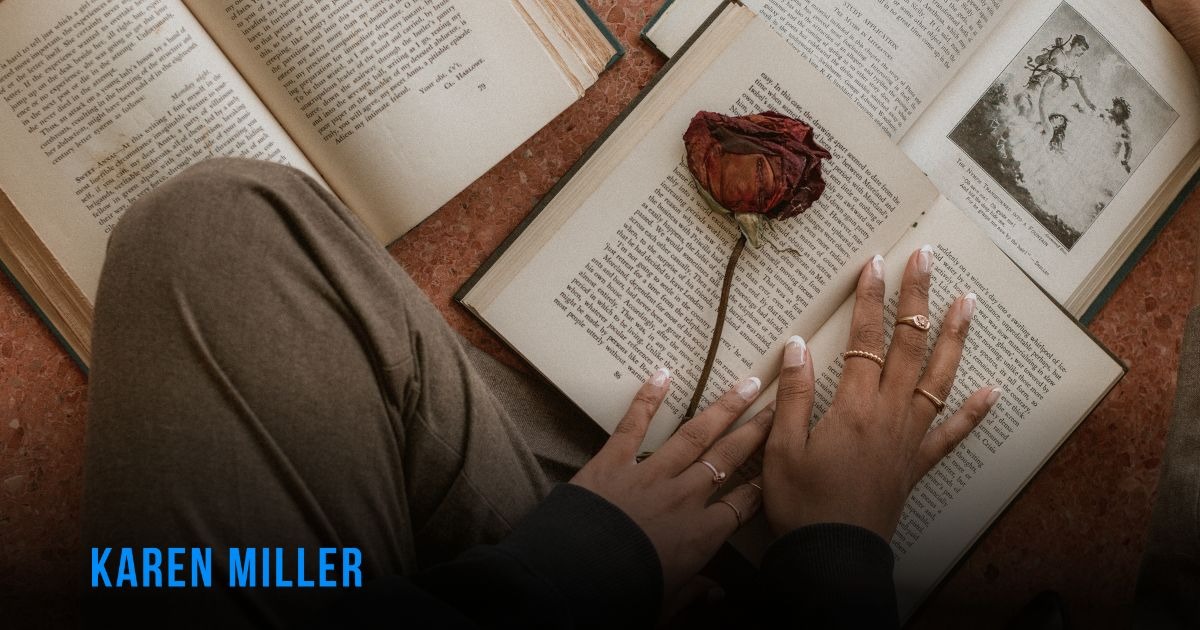On Being Read
- 22 Feb 2011 21:41
- 1677

Being read is really pretty sucky for a writer (or for any producer of a story, regardless of the medium.) At least, the angst that gets generated by the thought of being read ... and coming across the results of being read ie reviews or reader commentary. They can be sucky. Obviously being read can also be a splendid experience. Often it is. But the sad truth is that it's never an unalloyed pleasure, if for no other reason than you can never hope to please all of the people all of the time and sometimes the people you haven't pleased aren't the least bit shy about saying that, or elaborating in excruciating detail on why you've displeased them, or urging folk to never read you because you displeased them, or even giving the slightest passing thought to how hurtful their scathing diatribe against you might feel should you stumble across their evisceration of your work.
And you know what? They shouldn't have to.
At the end of the day, nobody held a gun to my head and told me, Write That Book Or Else. Nobody went down on bended knees and sobbed for me to Save The World with my deathless prose. Quite the contrary. I'm the one who shoved my book beneath an editor's nose and said, Read Me and Publish Me because I want it so, so, so bad and hey, some people might even like what I wrote.
In other words, I was the pushy one who said the world needed my books in it. Really, nobody gets into this game without having a bit of a crazy conviction that they can tell the kind of story that other people want to hear. You do need a bit of a nutso ego to do this. A not entirely rational self-belief that defies all the rejections, the naysayers, the pessimists and the self-doubt that also inhabits the storyteller's whacky brain. Polite people call it perseverance ... and I suppose it is. But it's also ever so slightly nuts.
But here's the thing. The fact that I, or any other storyteller, have struggled for years to get noticed, to get published, does not then imply a quid pro quo of the audience liking what I have to say. I got to say it. I got the chance to reach out and touch people, to be heard. And for that I am enormously privileged. Anything on top of that -- like good reviews, like award nominations, like great sales -- is gravy.
That's the first conclusion I've reached -- that when I'm on the brink of having a tantrum about being (by my lights) imperfectly or negatively read, I need to remember that what I'm doing is a privilege and not a right. And if I have the right to put my story out there, then the people who read it have the right to say, Oh that sucked.
And even more importantly: I don't get to tell them they're wrong.
Here's the bizarro thing about this storytelling business. The same story can, at the same time, be the single best and the single worst thing ever written. Right now, there are people who are praising my first Star Wars novel with great praise. Am I tickled pink about that? You'd better believe it! I'm tickled puce that my story has pleased and entertained them. But there are also people for whom Wild Space is a disappointment. Who feel I have completely missed the plot. Who are saying that I was a bad choice for writing Star Wars. Am I disappointed? Of course. Because I worked really hard on that story and I love Star Wars and I wanted to get it right for everyone. Which was a silly thing to think, because I already knew -- no writer gets to please all of the people all of the time.
The biggest favour I ever did myself -- and something I still work on -- is learning how to sit in that place of acceptance that says, Every opinion about my work is valid. And that means it's valid to say my work is crap, just as much as wonderful. I'm not going to lie to you -- I prefer wonderful to crap. I don't think anyone who's ever produced a piece of work has longed for people to say they hate it. *g* But it's inevitable -- some people are going to hate what you do. That's just the way it is. And because each reading of a story is personal and subjective that means it can't be invalid. I can disagree but that doesn't make the person I'm disagreeing with wrong.
Which is why I strive for a bit of zen in my life, at least on this score. Because I have to remember that while I'm a producer of story I'm also a consumer of story. And if I, as a consumer of story, have the right to dislike something I've read or seen, to be disappointed, or angered, or bored, or offended ... then where the hell do I get off saying the consumers of my work have to give me a pass?
If you're with me on this strange, strange adventure that is called Being A Writer, then I hope I've given you pause for thought. Because the alternative to being zen about this business is getting yourself so twisted up and angry and hurt and discouraged and flattened that you lose the joy. And that's a tragedy. The creative psyche is often a bit bent. It's vulnerable. And there's nothing quite so hysteria-inducing than putting your work out there in the public eye. But we can be vulnerable and adult at the same time, I think. At least, I think that's what we need to aim for.
Besides ... sometimes the folk who haven't enjoyed the work haven't enjoyed it for a good reason, one that maybe we didn't realise, and their negative feedback might well be useful to us in our growth and maturation as an artist. It's important to keep an open mind, I think. Now sometimes, I do believe, some people really do just misread a story, or read into it stuff that we never intended because they have their own experiences and reading agendas. And that's fine. We need to let go of that kind of feedback because we can't control how somebody else reads our work. And it's their right to interpret it anyway they please. But if someone points out a flaw in the work and it's a valid point, then get down on your knees in thanks, I say. Because that person just helped to make us a better writer. Or they will have done, if we let them.
At the end of the day all I can do -- all any artist can do -- is tell the story that's in me, as truthfully as I can, with all the skill I have to offer at the time of writing. And all I can ask is that you read me. After that ... the chips fall where they fall.
